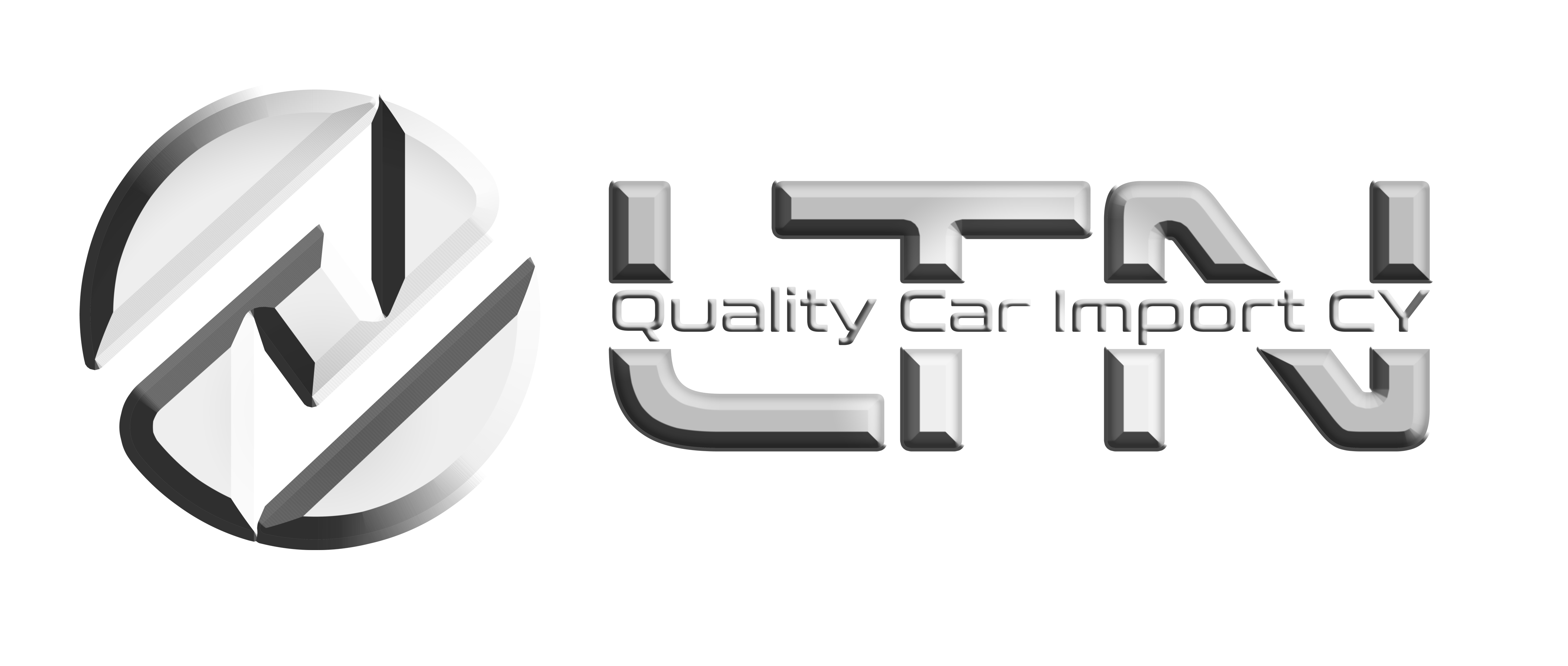Have you ever wanted to import a car to Kenya from the UK but had no worldly understanding on where to begin? We have decided to help you out by providing you with the relevant information to ease your decision on importing a car from the UK.

There are conditions that have to be fulfilled first before a car can be imported into Kenya.
- It has to be a right-hand drive,
- The date of manufacture should be up to 7 years but not exceed 8 years
- The car has to be shipped via Roll on Roll off (like a ferry)

2009 Nissan Pathfinder
Once all the conditions are satisfied, the following steps are taken to successfully import a car from the UK to Kenya.
Step 1. Visit www.vehicleexports.co.uk and identify the car you want to buy.
Step 2. Identify the Car that you want e.g. Brand name, Year of Manufacture etc. It’s very important to note that Motor vehicles of over 8 years old are not allowed into Kenya as per the KS 1515:2000 quality standard by the Kenya Bureau of Standards. Kenya Customs enforces this requirement. In the year (2016), customs allows vehicles manufactured in the year 2009 and thereafter
Step 3. Make a Purchase Order (PO) from the seller. A PO is basically a Request from the Buyer instructing the Seller to issue you with a Proforma Invoice.
Key things to note at this point are:
- There’s FOB (Freight on Board) which in most cases you will see on the website – This is not the Complete Cost of the Vehicle because the Car has to be Inspected by JEVIC, which is similar to the Kenya Bureau of Standards, to ensure quality standards are adhered to before shipping
- CIF – This is Cost Insurance and Freight – This is basically the Final Cost of the Vehicle
Step 4. Payment is made via a Telegraphic transfer through the bank, through in recent development Quality Car Export has a bank account in Kenya.
Advantages of a local bank account.
- Loans
- Peace of mind
- Faster transactions
Step 5. After confirmation of the received payment, the car is taken for a JEVIC inspection. The Seller will ask you to confirm the Shipping address for your B/L (Bill of Lading) copies, B/L Copies are basically proof that the vehicle belongs to you.
To clear the vehicle the following documents are required:
- log book
- Bill of Lading
- Pre-Shipping inspection Certificate (JEVIC/QISJ or whichever the native country declares)
These are sent to the client upon completion of payment and sent via DHL because these documents are necessary for ownership of the car.
Step 6. The car is then taken to the port of Tilbury awaiting the next available vessel for shipping via RORO (roll on roll off). More information on RORO here
*this takes 4 weeks i.e. 24-28 days.

Step 7. Since Kenya uses CFS (which are privately owned stations which hold goods for storage pending clearing process) should you for one reason or another be unable to clear your vehicle in good time, there are demurrage charges. However, Quality Car Export has negotiated for its client’s to have up to 45 days to clear their vehicle.
Step 8. Once you have received the B/L Copy, then you will have to transfer the Clearing services to a Listed Agent with KRA. An importer will have to enlist the services of a clearing agent who will process the import documentation through Kenya Customs electronically on the Simba 2005 system and clear the goods on your behalf. C&F i.e. clearing and forwarding charges range between Kshs. 10,000-20,000 negotiable to about Kshs. 12,000 with any of our agents.
Step 9. An import declaration fee (IDF) of 2.25% of the CIF (This is the customs value of the vehicle i.e. the Cost, Insurance & Freight paid for the vehicle) Value subject to a minimum of Kshs. 5,000.00 is payable. Customs will assess duty payable depending on the value of the item(s) and the duty rate applicable. The CIF -value of the vehicle is also deduced from the Current Retail Selling Price (CRSP) of the vehicle. The agent will then use this receipt to clear the car on your behalf.
Step 10. You will finally have to pay the Clearing Agent some fee together with some other port handling charges, this amount in most cases is Approx. 50,000 KES. The port handling Charges differ from vehicle to vehicle. You can organize with your Clearing Agent to have your car delivered to your doorstep.
